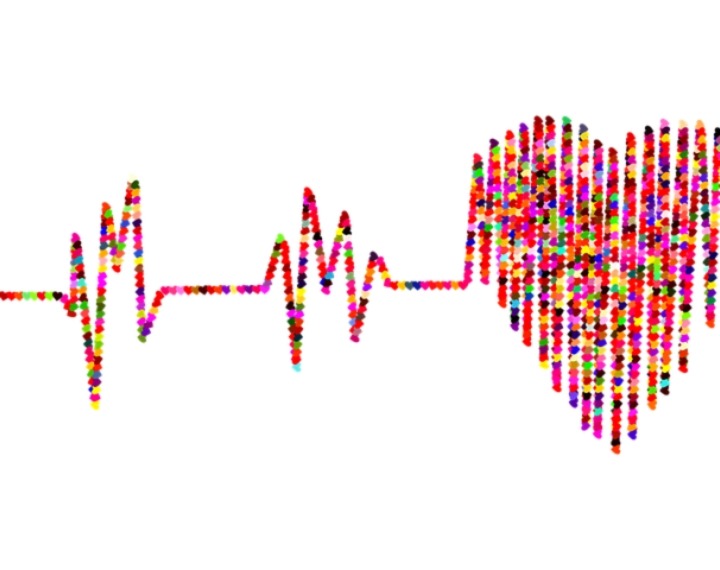How to Beat Cholesterol: A Guide for Seniors
 What is cholesterol?
What is cholesterol?
Cholesterol is a fatty substance that is found in our bodies, in our blood. It is carried around by proteins; when cholesterol and proteins combine they are called lipoproteins. There are two main types of these proteins; these are low-density lipoproteins (LDL) and high-density lipoproteins (HDL). LDL is the bad type of cholesterol and HDL is the good type of cholesterol.
People who have too much bad cholesterol in their blood, have a higher risk of a range of serious health problems, such as heart disease and cardiovascular disease. This is because these lipoproteins can cause a fatty build up in the artery walls.
The good news is that cholesterol levels can be measured, to ensure that your levels of bad cholesterol aren’t too high and your levels of good cholesterol aren’t too low. A simple blood test can check your cholesterol levels, and your doctor can tell you the results.
How can you reduce bad cholesterol?
There is no single cause for high cholesterol, but there is a certain combination of different factors that will put you at higher risk of bad cholesterol. These include factors such as:
- Eating foods high in saturated fats
- Smoking
- Lack of exercise
- High alcohol intake
- Kidney or liver disease
The good news is that levels of high cholesterol can be reduced, it’s just a case of being willing to make a few small lifestyle changes, such as:
- Eating a healthy, balanced diet that is rich in fruits, vegetables and whole grain foods. Replace saturated fats with healthier alternatives, such as monounsaturated and polyunsaturated fats like olive, rapeseed and sunflower oils and spreads. Wherever possible, choose to eat foods that are high in soluble fibre, like oats, beans, pulses, nuts, lentils, and fruits and vegetables.
- Exercise regularly. By exercising on a regular basis, you can help to give your levels of HDL (good cholesterol) a boost. Staying active is a great way to keep your cardiovascular system healthy.
- Give up smoking. If you smoke, it is crucial that you quit if you want to improve your levels of bad cholesterol and lead a healthier life.
- Studies have shown that when plant sterols and stanols are consumed regularly, LDL levels can reduce by 10 to 15 percent. To see these results though, at least two grams per day of plant sterols and stanols need to be consumed. Sterols and stanols have been added to a range of foods; these foods are usually sold as being good for cholesterol and are things like yoghurt, cheese, and margarine.
Will medication be needed?
Whether medication will be required to help manage your cholesterol levels will depend on what your doctor thinks. It will also depend on whether you are considered to be at high risk of cardiovascular disease.
The medication usually used to treat people who are at a high risk of cholesterol are statins, although there are other medications that are also available and can be considered. When it comes to determining what medication is used, it is down to the prescribing doctor and what they think would work best.
So there you have it, everything that you should know about cholesterol and its impact on the body.




